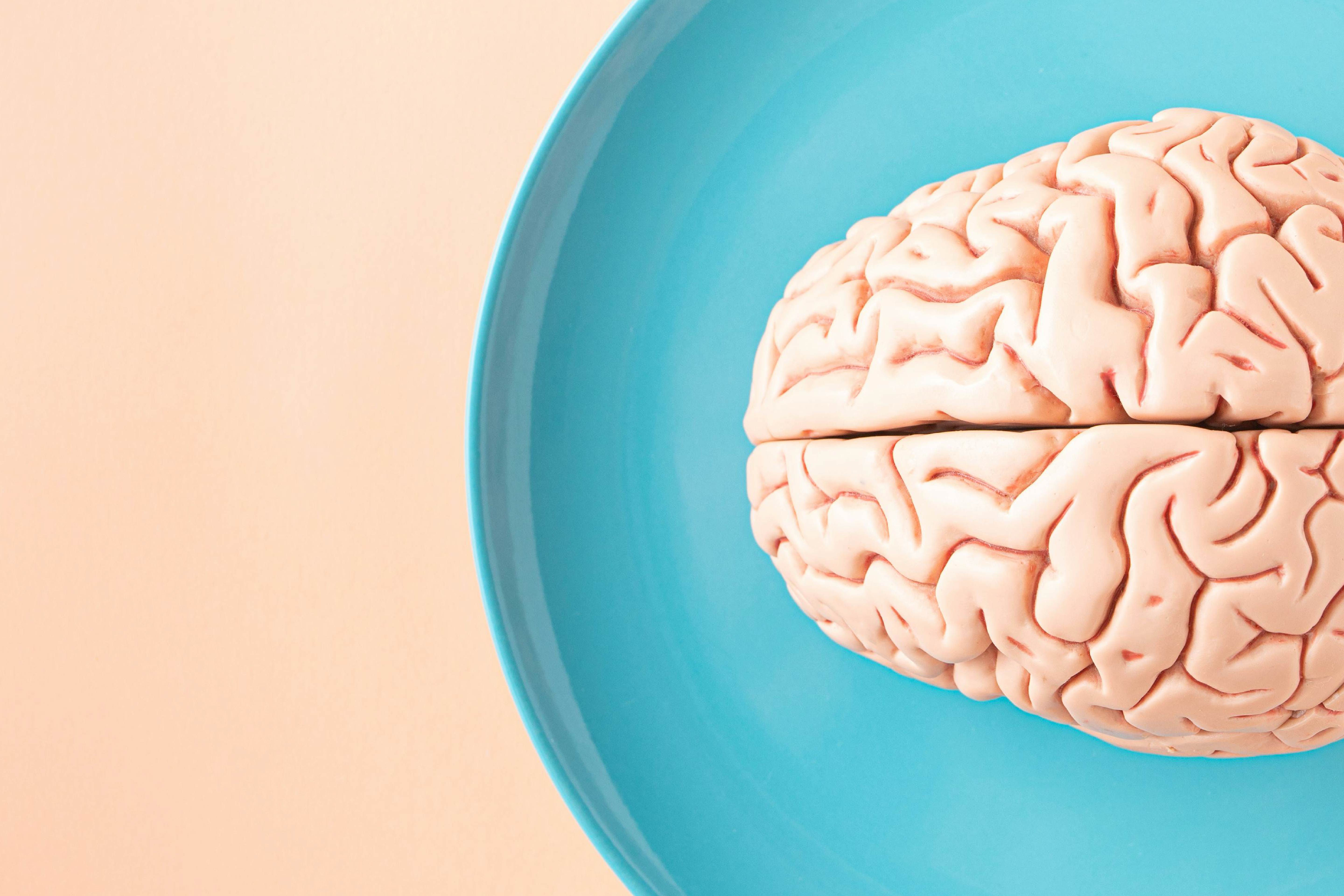By: Aroosham Kashif
The brain is known as the body’s control center, but it is simple to forget how supporting its health is crucial. As exercise makes muscles stronger and a healthy diet keeps the body well, brain and body activities are crucial for the health of the brain. Apart from improving the performance on a day-to-day basis, these activities protect from severe diseases like dementia and Alzheimer’s disease in the future.
Why Brain Health Matters
Today, dementia has more than 55 million people afflicted with it globally, with Alzheimer’s being the highlighted part of it. As populations continue to age, it is projected to skyrocket in subsequent decades. Although Alzheimer’s has no cure, all studies confirm that lifestyle can prevent or postpone cognitive impairments. As such, prevention and early brain health are a sound investment for the future.
Activities That Stimulate the Brain
Mental stimulation is one of the best methods. Reading books, doing puzzles, playing strategy games, or learning a new skill puts the brain to work creating new pathways. Even a simple activity like memorizing a list of groceries or learning a new language can improve memory and reasoning skills.
Physical exercise is also essential. Exercise regularly done on a daily basis strengthens blood flow to the brain, aids in creating new brain cells, and boosts mood as endorphins are released. Walking, swimming, or doing yoga has been associated with improved memory as well as slower age-related decline.
Social contact also has an important part to play. Having conversations, being with group hobbies, or community volunteering combats loneliness, which is a recognized risk factor for dementia. Human interaction keeps the mind sharp and emotionally well.
Lastly, good habits like consuming nutrient-dense food, sleeping well, and stress management are the basics. Diets full of vegetables, fruits, fish, and whole grains—such as the Mediterranean diet—are related to reduce risks of Alzheimer’s. A good rest enables the brain to flush out toxins, while stress-reducing activities such as meditation or controlled breathing enhance general mental resilience.
How These Activities Help Prevent Decline
The brain has the unique capacity to change, referred to as “neuroplasticity.” Engaging activities create a “cognitive reserve,” providing the brain with more ability to respond to injury that may happen later in life. This lessens the risk of developing memory impairment, confusion, or other symptoms of dementia.
Brain health is a lifelong investment, and its rewards pay off many years down the road. Merging mental stimulation, exercise, social interaction, and healthy habits can create more robust, more resilient brains. These easy yet effective decisions not only enhance quality of life now but also serve as a defense against declining cognitive function in the future. The time to take control of your brain is today.

